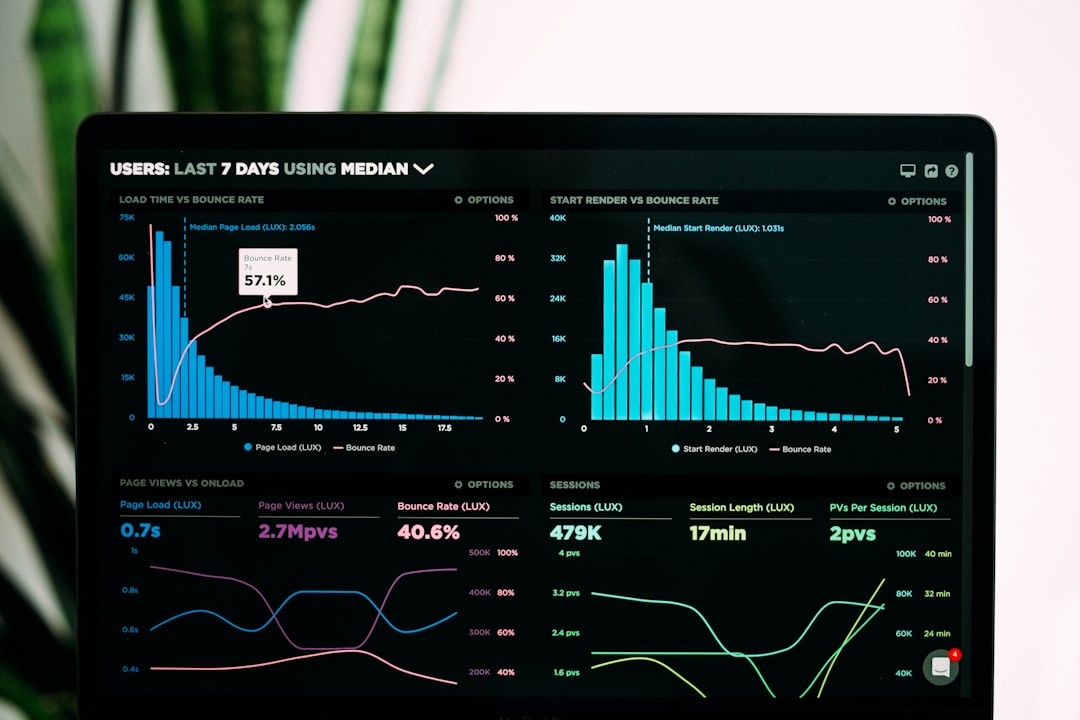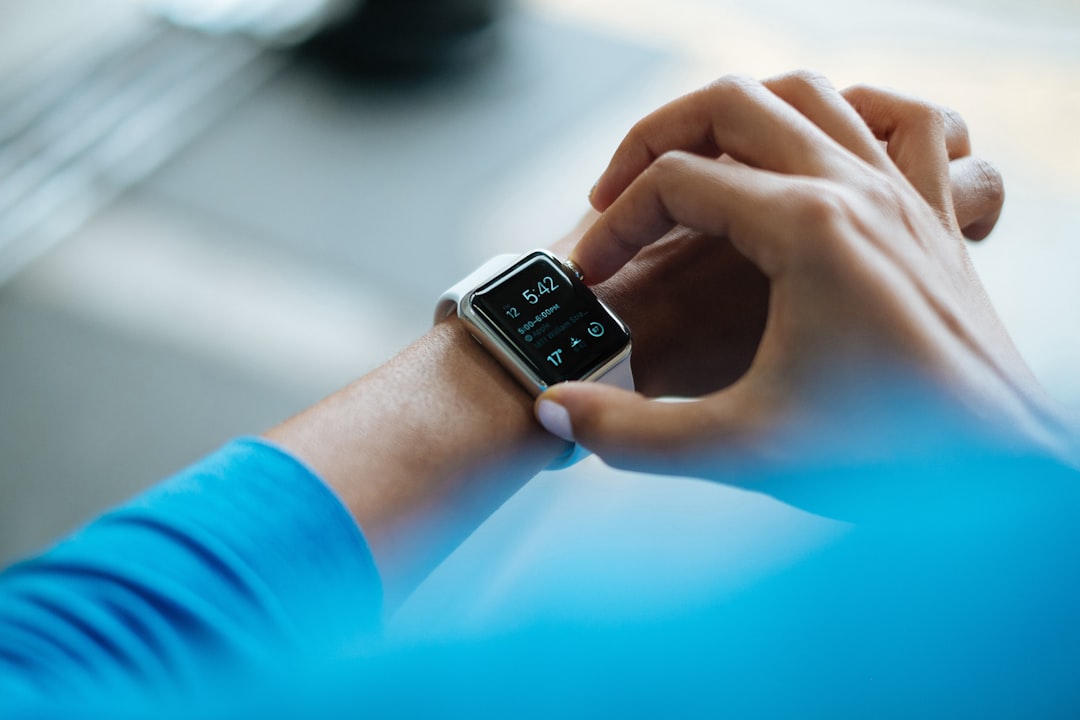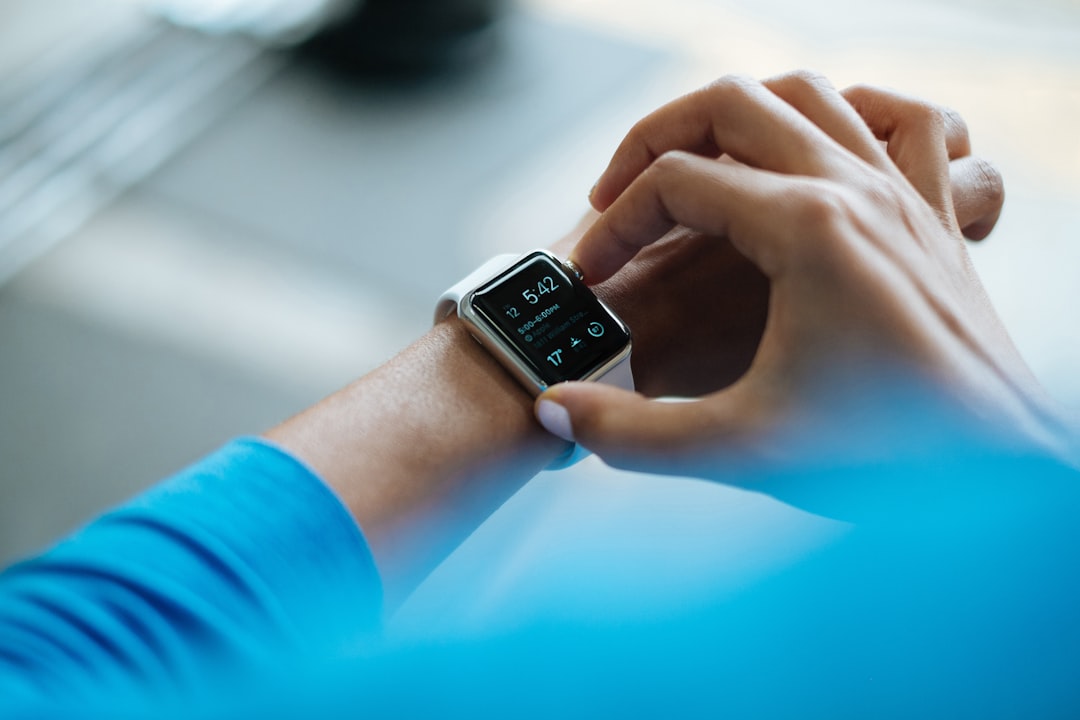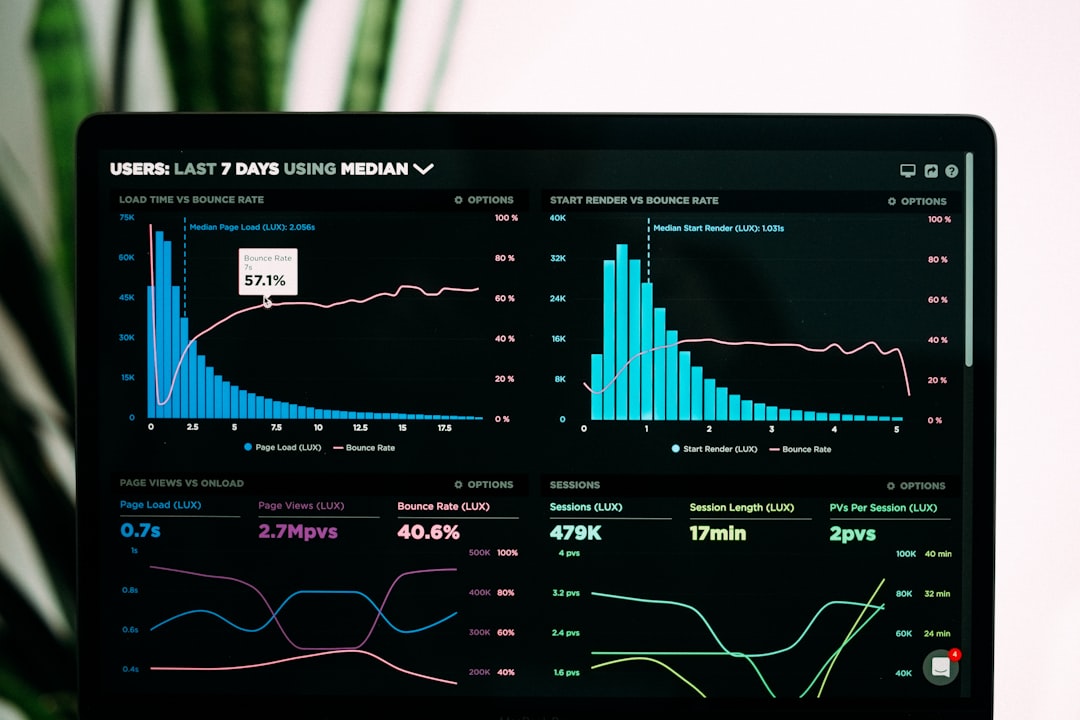Unlock encrypted content
Please enter your SSCE key to initiate on-the-fly decryption.
Decryption key: (Click cancel if you don't have the key)
Copied link to clipboard.
This feature is unavailable for free accounts. Upgrade now and enjoy all Premium benefits.
Go Premium!
This feature is unavailable for free accounts. Upgrade now and enjoy all Premium benefits.
Go Premium!
Please open this page in browser ( Google Chrome or Safari ) to use this feature.
Open In Browser
The Future of Data Accessibility on the Go.
Random related video for this blog.
Copied share link to clipboard.
Introduction
In today's fast-paced world, data accessibility on the go is more important than ever. Whether you are a student, a business professional, or someone who just wants to stay connected with friends and family, having access to your data from anywhere in the world can make life a lot easier. However, traditional methods of data storage and transfer, such as NAS limitations or virtual reality storage, have their own limitations. In this article, we will explore the future of data accessibility on the go, including cross-device file synchronization, large file sharing, and the role of the Internet of Things (IoT).
Cross-Device File Synchronization
One of the biggest challenges with data accessibility on the go is the need for cross-device file synchronization. For example, if you create a document on your laptop, you want to be able to access it on your smartphone or tablet without having to manually transfer the file. This is where cross-device file synchronization comes in. With this technology, your files are automatically synchronized across all your devices, making it easy to access your data no matter where you are.
One example of a cross-device file synchronization service is FileLu cloud storage. With FileLu, you can upload your files to the cloud and then access them from any device with an internet connection. FileLu also offers auto camera upload, allowing you to automatically upload photos and videos from your smartphone or tablet to the cloud. FileLu also offers large file transfer capabilities, allowing users to send files up to 250 GB in size.
Large File Sharing
Another challenge with data accessibility on the go is the need for large file sharing. Traditional methods of file sharing, such as email attachments, have file size limitations that make it difficult to share large files. This is where large file sharing services come in. These services allow you to share files of any size, making it easy to share large documents, videos, and other types of files.
FileLu also offers large file sharing capabilities. With FileLu, you can upload files up to 250 GB in size and then share them with anyone you choose. FileLu also offers encryption file sharing, ensuring that your files are secure during transfer.
Internet of Things (IoT)
The Internet of Things (IoT) is another technology that is shaping the future of data accessibility on the go. The IoT refers to the network of devices that are connected to the internet, such as smartphones, tablets, smartwatches, and other types of devices. These devices can communicate with each other, allowing for seamless data transfer and accessibility.
For example, imagine that you have a smartwatch that is connected to your smartphone and your laptop. With the IoT, you could receive notifications and alerts on your smartwatch, access files on your smartphone, and work on documents on your laptop, all without having to manually transfer files or data.
Conclusion
In conclusion, data accessibility on the go is becoming more important than ever, and new technologies are emerging to meet this need. Cross-device file synchronization, large file sharing, and the Internet of Things (IoT) are all shaping the future of data accessibility on the go. FileLu cloud storage is one example of a service that is helping to make data accessibility on the go easier and more convenient than ever before. With FileLu, you can upload, share, and access your files from anywhere in the world, making it easy to stay connected and productive no matter where you are.
File transfer, cloud storage, and large files transfer are all capabilities that are offered by FileLu. With plans ranging from 10 GB to 500 TB at prices as low as $2.50 per month, FileLu is an affordable and convenient solution for anyone who needs data accessibility on the go.
By Amelia Isabella.
Email: [email protected]
Related
Cybernetics: Exploring the Potential of Virtual Reality, Transhumanism, and 5G...
June 21, 2023
Read More
Cyberpunk Data Analytics: Exploring the Future of Immersive Media Storage...
June 21, 2023
Read More
5G Technology: Revolutionizing Connectivity and Enabling Innovative Solutions
June 21, 2023
Read More
Data Storage: Seamless File Integration with Third-Party Apps and Enhanced...
June 21, 2023
Read More
Intuitive File Collaboration Interfaces: Enhancing Productivity and Efficiency
June 21, 2023
Read More
Wearable Devices: Revolutionizing Data Sharing and Brain-Computer Interfaces
June 21, 2023
Read More
Popular
Latest
The Future of Digital Transformation: Exploring Smart Homes, Efficient File...
November 30, 2025
Read More
Exploring the Benefits of Cloud Storage and Innovative Technologies in...
November 26, 2025
Read More
The Future of Technology: Exploring Biohacking, Space Tourism, and Digital...
November 23, 2025
Read More
The Future of File Sharing: Streamlined Workflows for Photographers and...
November 19, 2025
Read More
Exploring the Intersection of Technology: From Cybersecurity to Augmented Reality...
November 16, 2025
Read More
The Future of File Management: Embracing Edge Computing and Efficient...
November 12, 2025
Read More
The Future of File Sharing: Exploring User-Friendly Solutions and Data...
November 5, 2025
Read More
The Future of Cloud Storage: How FileLu Empowers Creative Professionals...
November 2, 2025
Read More
The Future of Autonomous Technologies: Innovations in Robotics, File Sharing,...
October 29, 2025
Read More
Emerging Technologies Revolutionizing File Management: From Li-Fi to Robust Collaboration...
October 26, 2025
Read More
Emerging Technologies: Exploring the Impact of File Access Auditing, Genetic...
October 19, 2025
Read More
The Future of Data Storage: Exploring Advanced Encryption, Mobile Integration,...
October 5, 2025
Read More
Exploring the Future of Data Management: Security, Efficiency, and Cognitive...
September 28, 2025
Read More
Revolutionizing Data Management: Innovations in Storage, Security, and Sustainable Technology.
September 24, 2025
Read More




















